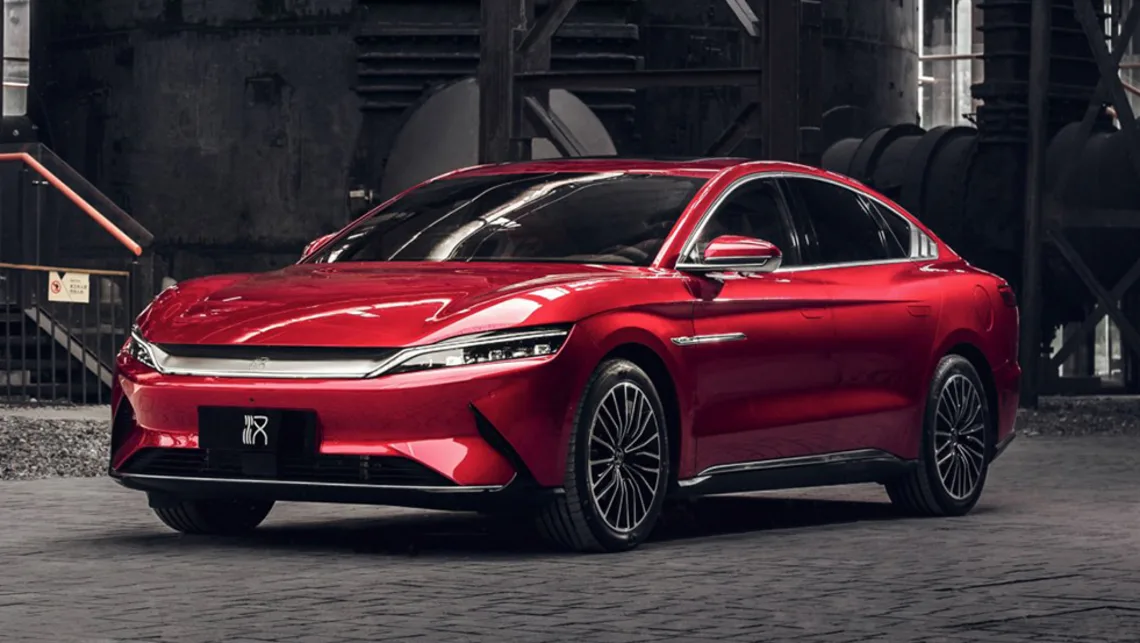There are a lot of new electric car companies in China. While the Model 3 is still not available to the mass market, the Chevy Bolt and Nissan Leaf are very affordable EVs. These companies are creating an ecosystem around charging and selling electric vehicles. Other manufacturers are trying to make these cars cheaper, but most of them are relying on their existing sales and service systems and aren’t creating charging infrastructure.
The Chinese government has provided a lot of incentives to encourage the production of electric cars. NextEV, for example, has offices in both China and the United States. It has been able to grow rapidly in recent years because the auto industry has started to shift to electric vehicles. Chinese government incentives have also lowered barriers to entry. The company has four models in production. The NIO ES6 electric sports car costs 358,000 renminbi and will be available in China in 2016. The company plans to launch high-performance family cars in Europe and the United States starting in 2009.
Other new electric car companies include Polestar and Volvo. While the company is relatively young, the Polestar 2 is a fantastic electric sedan. It has a long range and is comfortable to drive. Despite its lack of brand recognition, Polestar is already making its mark in the EV market. Its cars stand out in a sea of Tesla Model 3s.
Lucid is another new company with an impressive electric car. Their Lucid Air rivals established brands. They have more than a thousand horsepower in high-end models and a long range. While the company isn’t cheap, it is aiming to be a mass-market brand in the future.
Tesla has also launched an electric vehicle called the Model S. The company plans to offer the model in the United States in 2023. It will be available in Norway and Germany. Their R&D center is in San Jose, California. The company also plans to produce electric semi-trucks. It has plans to feature only electric cars in their fleet by 2030.
Other new electric car companies include DeLorean and Volta. They both aim to build cars that are more fuel-efficient and help organizations transition from fossil fuels to electricity. Another company called Faraday Future develops “next-generation electric connected vehicles” that are fully rechargeable. Their FF91 is not yet in production, but the company says it will have a range of 300 miles and will be able to go to 155 mph.
Tesla’s Model Y and Model 3 have sold over 130,000 units in ten months. The Chevy Bolt is in third place with 24,000 units sold. In volume, the number of new electric cars is still quite low compared to the volume of gas-powered vehicles. The volume leader is the Ford Mustang Mach E, followed by the Volkswagen ID.4, Nissan Leaf, and Audi e-tron Sportback. Next to them are the Hyundai Kona Electric and the Chevrolet Bolt Electric.


